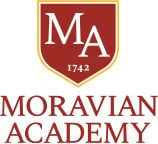The Role of Exploring Our Identities: “Who am I and who can I become?”
It’s official! We’re now full blown into the holiday season. With our Vespers services last week, the holiday lights up all over town, and Thanksgiving behind us, we are now just a couple of days away from winter break.
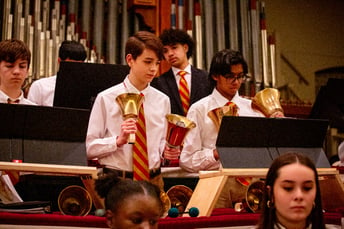 Moravian Academy families will be celebrating a variety of holidays over the coming weeks from Christmas, to Kwanzaa, to Hannukah, and the New Year. Our school’s mission states that “we actively learn from and support the different identities we embody.” Some identities are easily seen, such as assumed race or gender, while others are internalized and not as easy to see, such as socioeconomic status, or religion.
Moravian Academy families will be celebrating a variety of holidays over the coming weeks from Christmas, to Kwanzaa, to Hannukah, and the New Year. Our school’s mission states that “we actively learn from and support the different identities we embody.” Some identities are easily seen, such as assumed race or gender, while others are internalized and not as easy to see, such as socioeconomic status, or religion.
Part of our school has a direct connection to the Moravian faith going back to its beginning as an all-girls seminary, while Swain was founded in strong values but remained secular. Interestingly, however, although Swain is non-affiliated, it has a school prayer that has been part of their history, they call a “collect.” The holiday season brings religious identities front and center– especially in a school that has a historic connection to the Moravian faith. As a school that values inclusivity and belonging, we embrace people of all religious affiliations as well as no religious belief. Our commitment to inclusivity and belonging also relates to embracing and learning from individuals of different races, ethnicities, sexual orientation, gender, and socio-economic backgrounds. Developing an understanding of the different identities students embody is critical to creating an inclusive learning environment for all students.
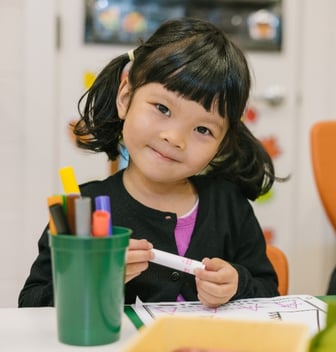 Across our three campuses, our faculty carefully craft and curate opportunities for students to learn from and support the various identities in our community. “We celebrate each family and the gifts they bring to our campus,” shares Swain Campus Director, Megan Franzyshen. “Teachers work to develop lessons that provide both windows and mirrors for each student. Windows are glimpses into other identities, and mirrors demonstrate a reflection of a student's identity in other material.”
Across our three campuses, our faculty carefully craft and curate opportunities for students to learn from and support the various identities in our community. “We celebrate each family and the gifts they bring to our campus,” shares Swain Campus Director, Megan Franzyshen. “Teachers work to develop lessons that provide both windows and mirrors for each student. Windows are glimpses into other identities, and mirrors demonstrate a reflection of a student's identity in other material.”
This is true at the Downtown and Merle-Smith Campuses as well. “We have also moved to a more thematic approach in World History 1 and 2, rather than being completely Euro/western centric,” shared Dylan Deal, Merle-Smith Campus Director. “English classes have significantly diversified class readings and summer reading options. Advanced global language classes help us to learn from and about other cultures and identities, particularly Hispanic/Latin@/LatinX.”
The Spanish Immersion program at the Downtown Campus has grown over the past eight years, paving the way for the advanced global language classes at Merle-Smith. “Our prioritization of learning other languages is directly related to honoring other cultures and finding ways to be global citizens,” says Dr. Abby Mahone, Downtown Campus Director.
Moravian Academy has long had a tradition of inviting speakers to classes, assemblies or chapels to introduce students to diverse perspectives and experiences. “We've had many visitors present to classes or town meeting gatherings to share their family traditions and celebrations,” says Megan Franzyshen. On the Downtown and Merle-Smith Campuses, chapel and advisory programs provide opportunities for students to expand their understanding of religion, race, ethnicity, sexual orientation, gender, and socio-economic background. At times, students plan chapels and share their personal stories with their peers. Other times, guest speakers visit classrooms or assemblies to share powerful stories that provide opportunities for reflection, connection, and understanding.
The foundational experiences on the Swain and Downtown campuses, set the stage for further explorations and connections when students matriculate to the Merle-Smith Campus. Nine different Upper School affinity groups, created by students, offer additional support and opportunities for learning: Indian Heritage, Black Student Union, Christian Student Association, Gender Sexuality Alliance, Hispanic & LatinX Club, International Club, Jewish Heritage Club, Middle Eastern Club, and Women’s Awareness Club.
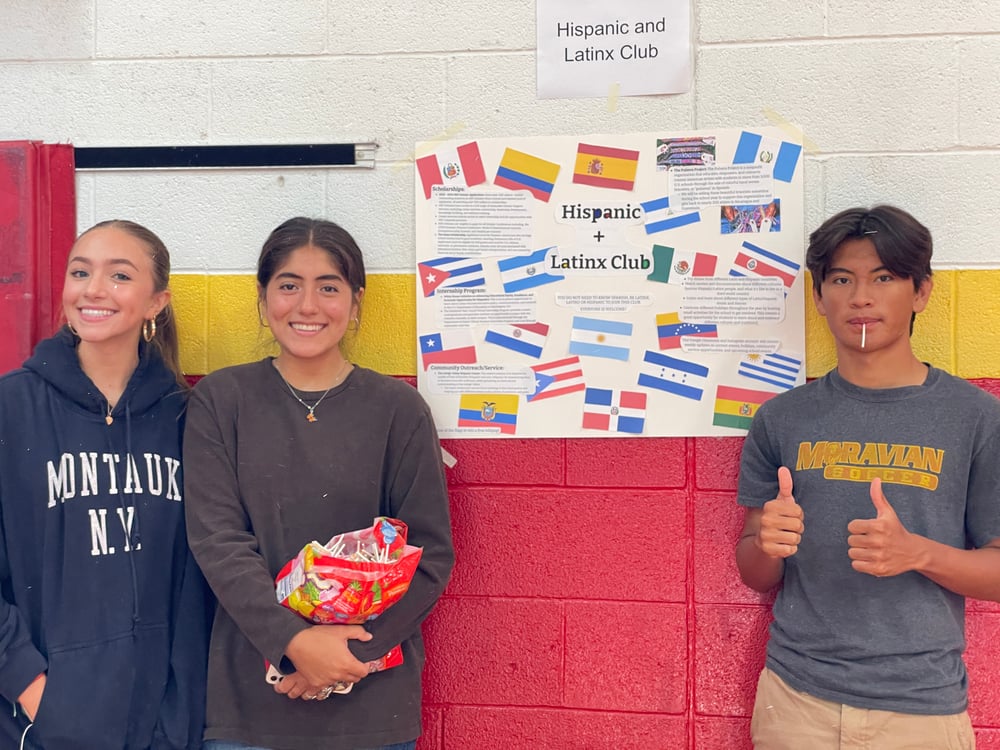
Our school counselors and learning support teams on all three campuses also facilitate conversations about identity to help us grow. Such conversations might be one-on-one with students, in small groups, or as faculty professional growth exercises.
Fostering a sense of belonging at our school is essential if Moravian Academy is to achieve its mission to help students answer the question: “Who am I and who can I become?” If we are to reach this aspiration, the educational journey must continue to include its own diversity of opportunities to learn from each other in robust and varied ways.


 myMA
myMA

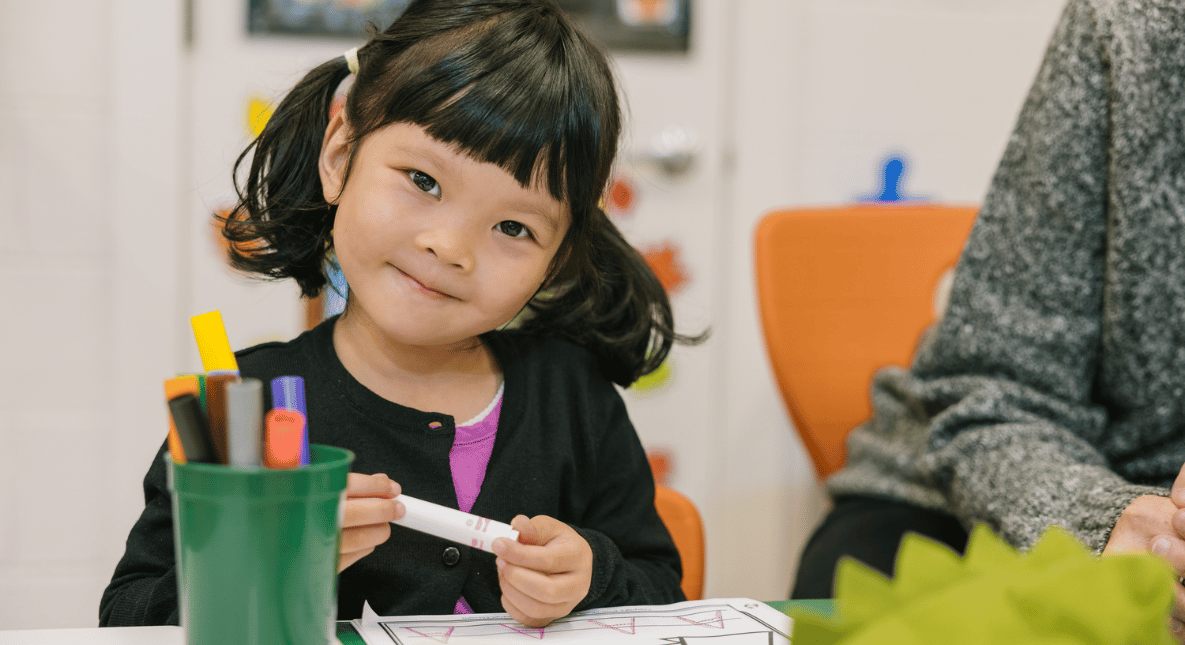

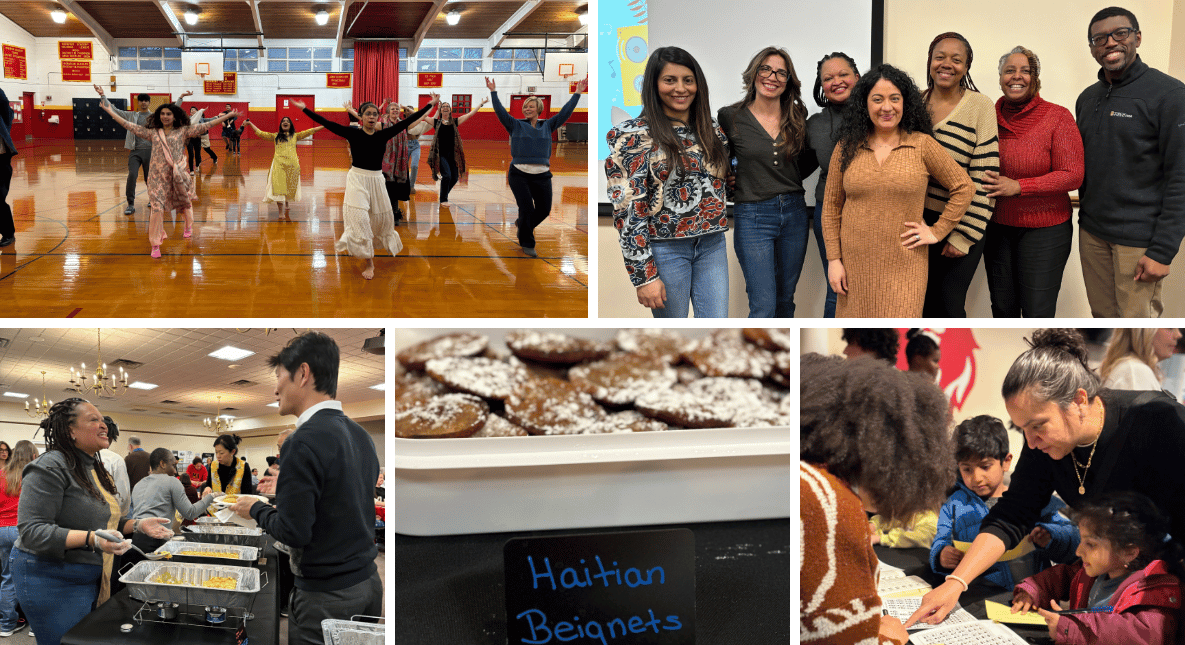
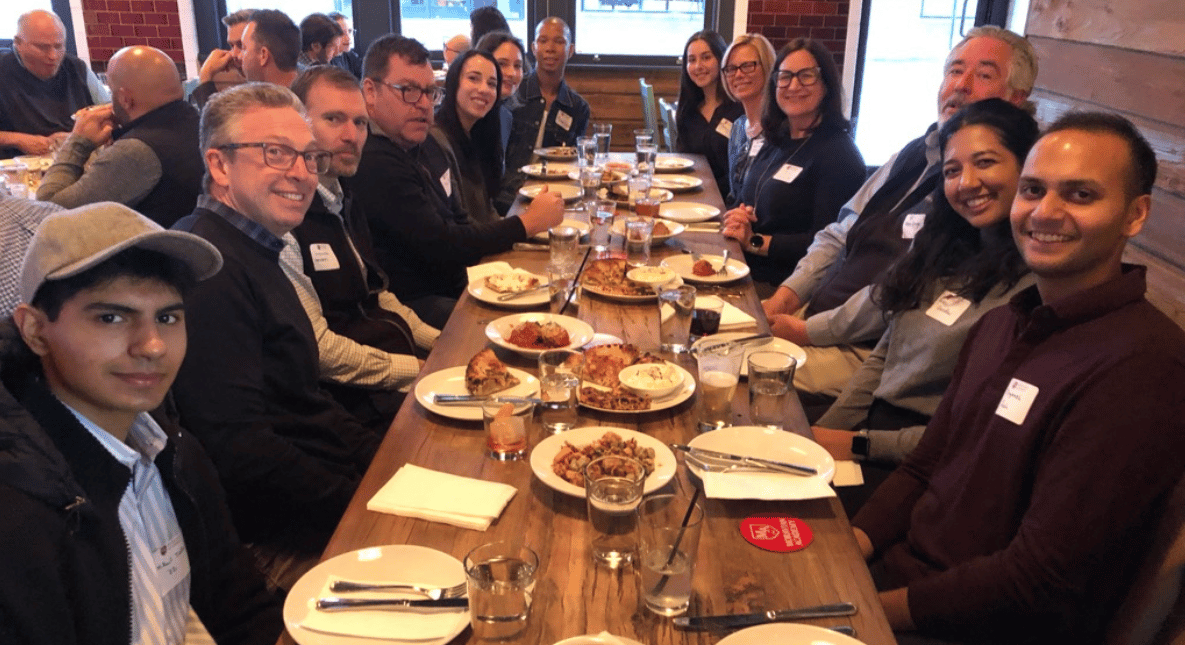
.png)
